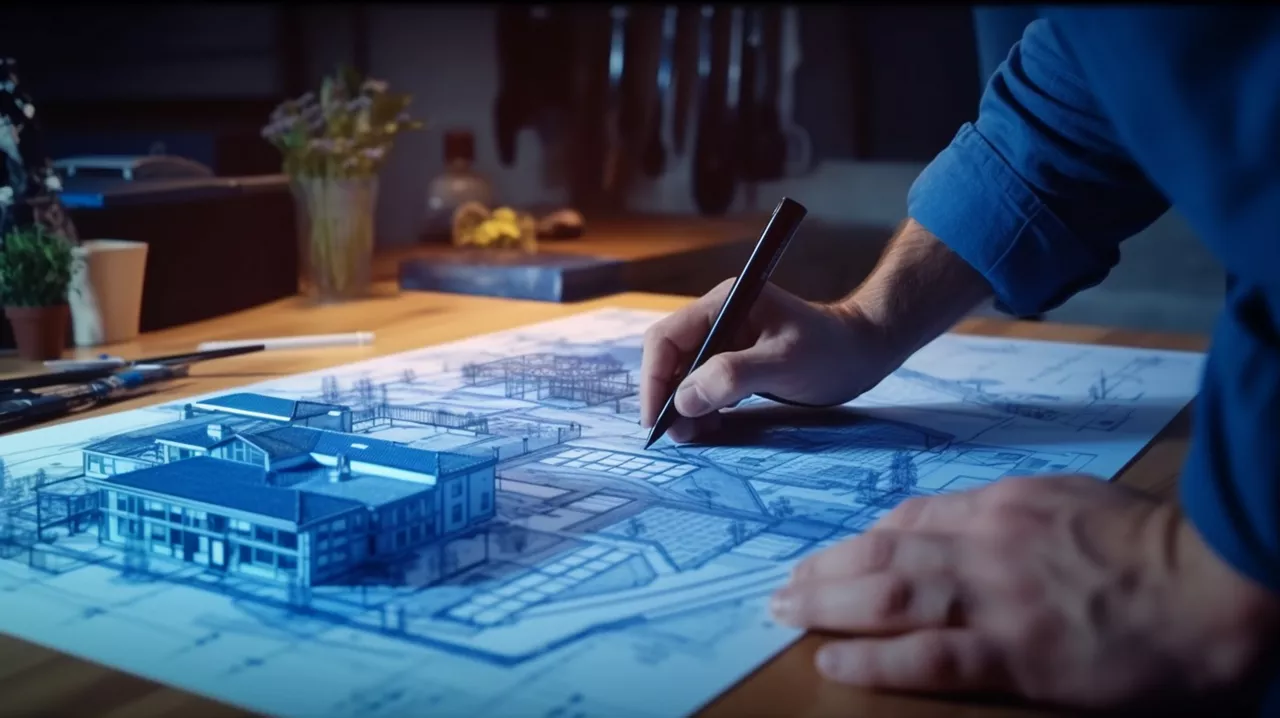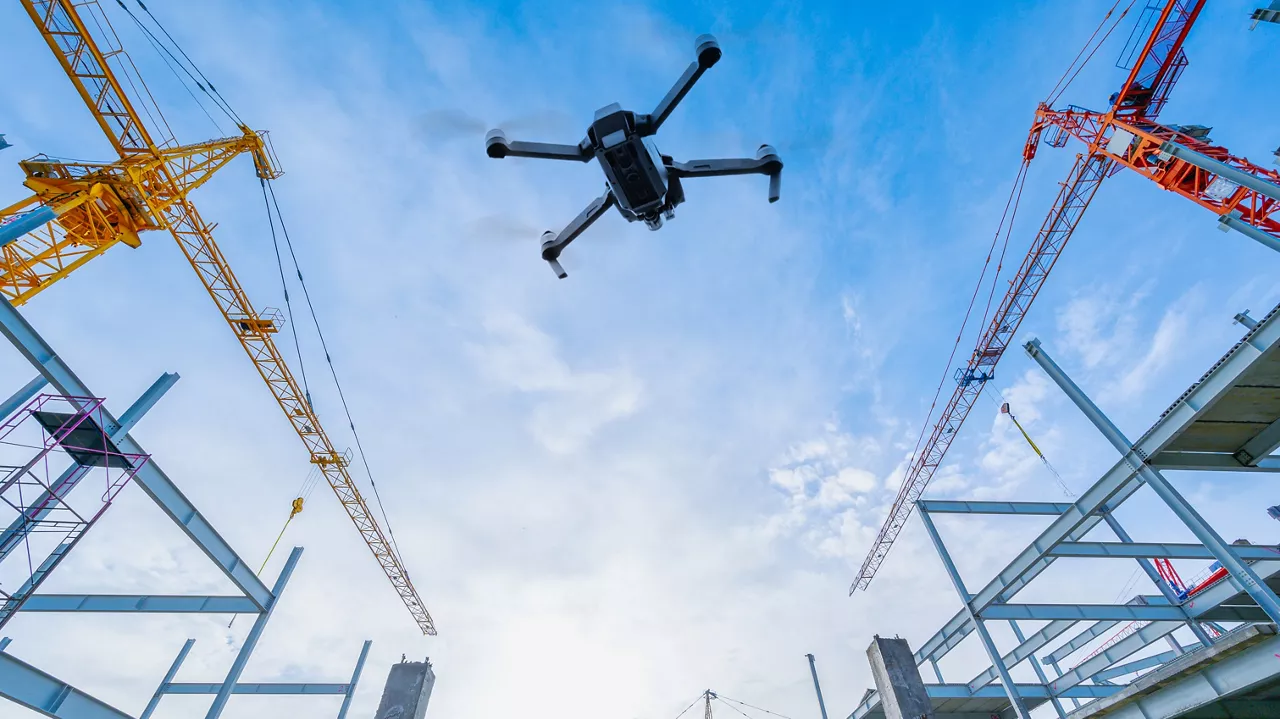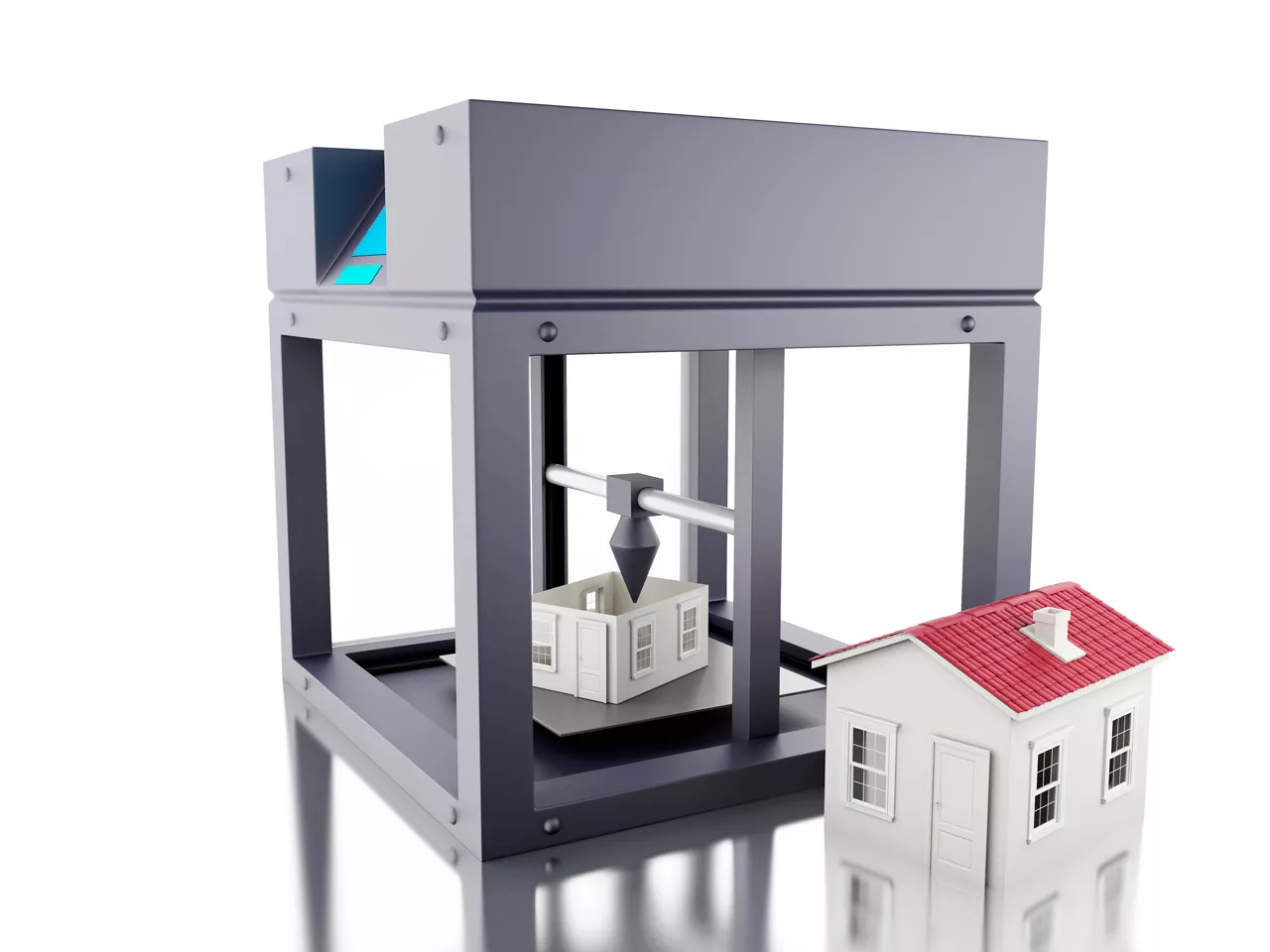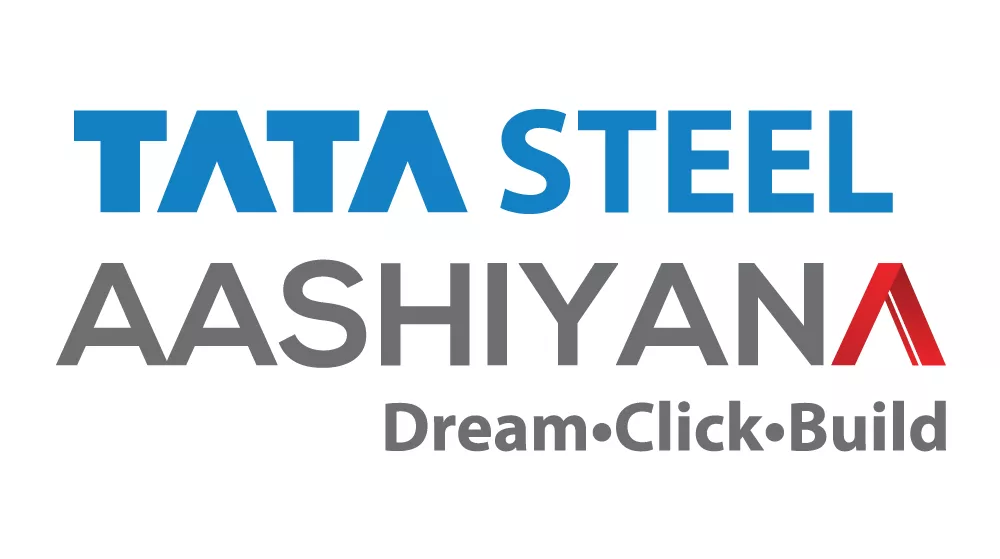
The 21st century is known for its technological advancements and integration of artificial intelligence to enhance the efficiency of the task and the quality of the result. No industry can prevent the wave of technological integration, and the construction industry is no exception to this. Post-covid, it can be noticed that the construction industry has stepped out into the world, equipped with technology and artificial intelligence despite all odds. Amidst global challenges, the construction sector has emerged as a beacon of resilience, embracing technological innovations and AI-driven solutions to propel itself forward into a new era of efficiency and excellence in technology.
The need to choose sustainable solutions that will be result-oriented and promote budget optimisation gave rise to a new era of construction. In the last couple of years, we have witnessed significant changes with tech integration in the construction sector. In this blog, we will be discussing 5 such tech integrations that are playing key roles in enhancing the construction industry for the coming future.
Virtual and augmented reality are the cutting-edge technologies that have revolutionised the construction industry. Construction experts predict that AR and VR technologies will contribute significantly to the global growth of the sector by 2030. AR and VR technologies can reduce the cost of construction by enhancing safety and reducing the scope of accidents. This technology has the potential to improve communication channels within the industry.
Drone
While drones have been a part of the industry for over a decade, their sophistication has only increased over time. In addition, with the integration of AI, they are equipped to handle real-time aerial imagery, 3D lidar scans, and drones. As technology continues to evolve, we can expect drones to have enhanced interoperability. With these features, drones will be able to share construction data with BIM-based platforms in mere microseconds, making the process quicker and more efficient.

Blockchain technology
Over the last decade, blockchain technology has revamped the construction industry. In construction, keeping track of the supply chain, payments, dues while maintaining transparency with all the stakeholders can be challenging. Blockchain technology offers the required efficiency and transparency through tamper proof ledger, automated processes. In addition, this technology also improves accountability, making it a valuable tool for the industry.
3D Laser scanner
The 3D laser scanner is one of the more modern developments in the industry. These scanners have implacable interoperability and modifications. They can scan real-life objects. Such scanners are often deployed for on-site surveying, mapping, project inspection, safety and many other tasks in construction. These devices are accurate in producing results; hence, preferred for cost-effective construction planning.
3D Printing
3D printing is not as popular as the other techniques; however, it is one of the most efficient ways to execute construction design. 3D printing revolutionises engineering prototyping by offering rapid, cost-effective iterations. Unlike traditional methods, which are labour-intensive and prone to material wastage, 3D printing allows engineers to swiftly refine designs, pinpointing flaws and optimising solutions for more efficient final products.

The integration of technology and artificial intelligence has revolutionised the construction industry, offering benefits such as enhanced accuracy, reduced risk of accidents, and informed decision-making for architects and engineers. To optimise outcomes, it's imperative to embrace evolving technologies that will play an increasingly significant role in the field. For precision construction materials incorporating sustainable elements, explore our website today.
Subscribe and stay updated!
Get all the updates on our latest articles and client stories. Subscribe now!



